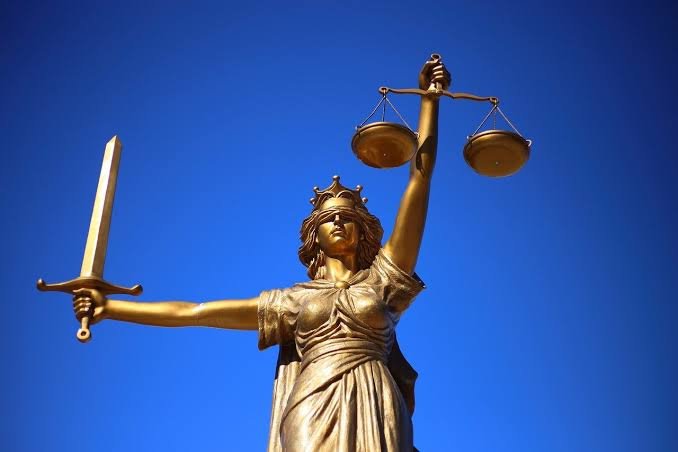Ethics, Fair Treatment, and Justice

Ethics, Fair Treatment, and Justice
Managing human resources often requires making decisions in which fairness plays a role. You hire one candidate and reject another, promote one and demote another, pay one more and one less, and settle one’s grievances while rejecting another’s. How employees react to these decisions depends, to some extent, on whether they think the decisions and the processes that led up to them were fair.
Fairness is inseparable from what most people think of as “justice.” A company that is just is, among other things,equitable, fair, impartial, and unbiased in how it does things.
With respect to employee relations, experts generally define organizational justice in terms of its three components-distributive justice, procedural justice, and interpersonal or interactive justice.
(I) Distributive justice refers to the fairness and justice of the decision’s result (for instance, Did I get an
equitable pay raise?).
(Ii) Procedural justice refers to the fairness of the process (for instance, is the process my company uses to allocate merit raises fair?).
(iii) Interactional or interpersonal justice refers to themanner in which managers conduct their interpersonal dealings with employees,” and, in particular, to the degree to which they treat employees with dignity as opposed to abuse or disrespect.
Employees tend to correlate faimess, justice, and ethics with each other when it comes to employers. One study focused on how employees reacted to fair treatment. It concluded that “to the extent that survey respondents believed that employees were treated fairly. (they] reported less unethical behavior in their organizations. They also reported that employees and their organizations were more aware of ethical issues [and] more likely to ask for ethical advice.
Similarly, “[H]iring, performance evaluation, discipline, and terminations can be ethical issues because they all involve honesty, fairness, and the dignity of the individuals: Most employees associate fairness with ethical behaviors. In practice, fair treatment reflects concrete actions such as “employees are trusted,” “employees are treated with respect,”and employees are treated fairly”. The bottom line is that ethics, fairness, and justice tend to be intertwined.?



